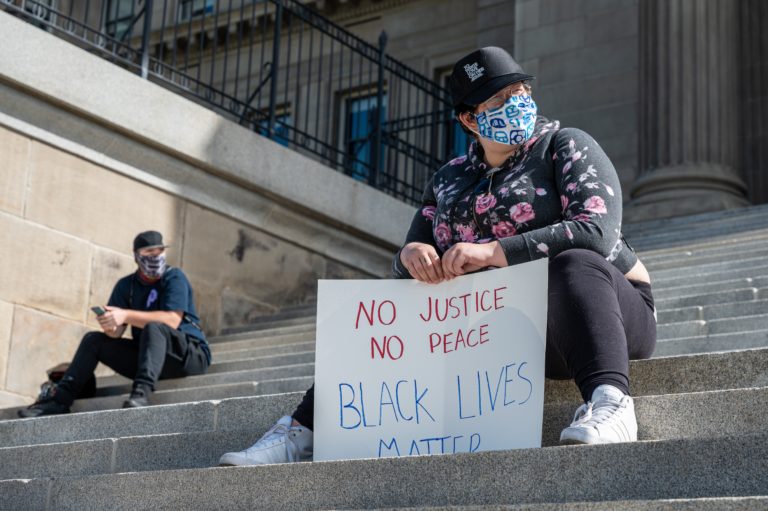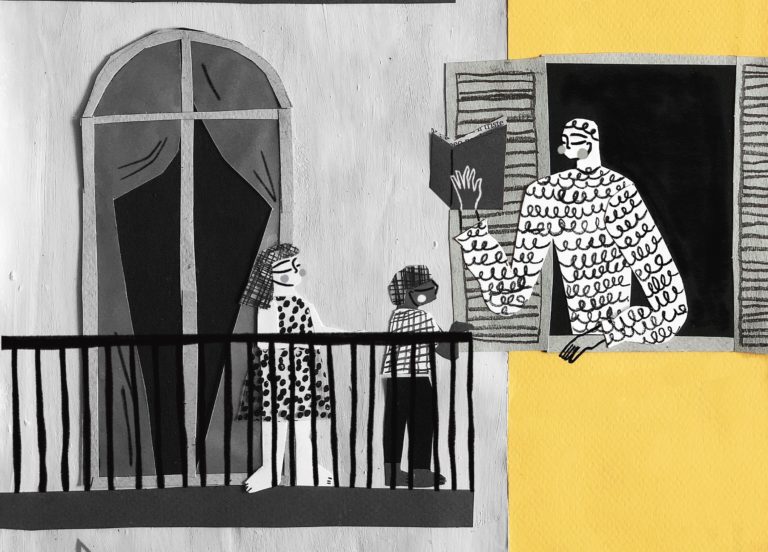A new preprint by Anne Leonore de Bruijn describes the results of a survey on compliance with COVID-19 mitigation measures in Israel , which we conducted at the beginning of April. The Israeli case is interesting due to (a) the country’s history of dealing with safety threats, (b) the wide-spread usage of technological surveillance to track COVID-19 spread, (c) the implementation of the military to enforce the measures, to back up regular law enforcement, and (d) the country’s mix of communities, some of which display low trust in the government.
The findings firstly reveal high levels of compliance among Israeli citizens. Several factors contributed to greater compliance: firstly, moral factors (such as people’s moral duty to obey the measures, or the law in general). Secondly, people complied more if they were able to do so (capacity to comply), and less if they saw more opportunities to violate the measures. Lastly, compliance was greater among people who had friends over 75 years old. Intriguingly, despite Israel’s use of high-tech surveillance measures, there were no indications that fear of punishment (deterrence) was significantly associated with compliance.
Overall, these findings add insights from another, distinctive country to our previous studies in the United States, the United Kingdom, and the Netherlands – and despite their differences in institutions and mitigation measures, finds remarkable similarities in the processes that fuel compliance.


